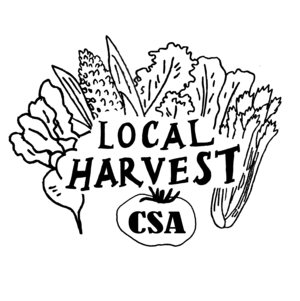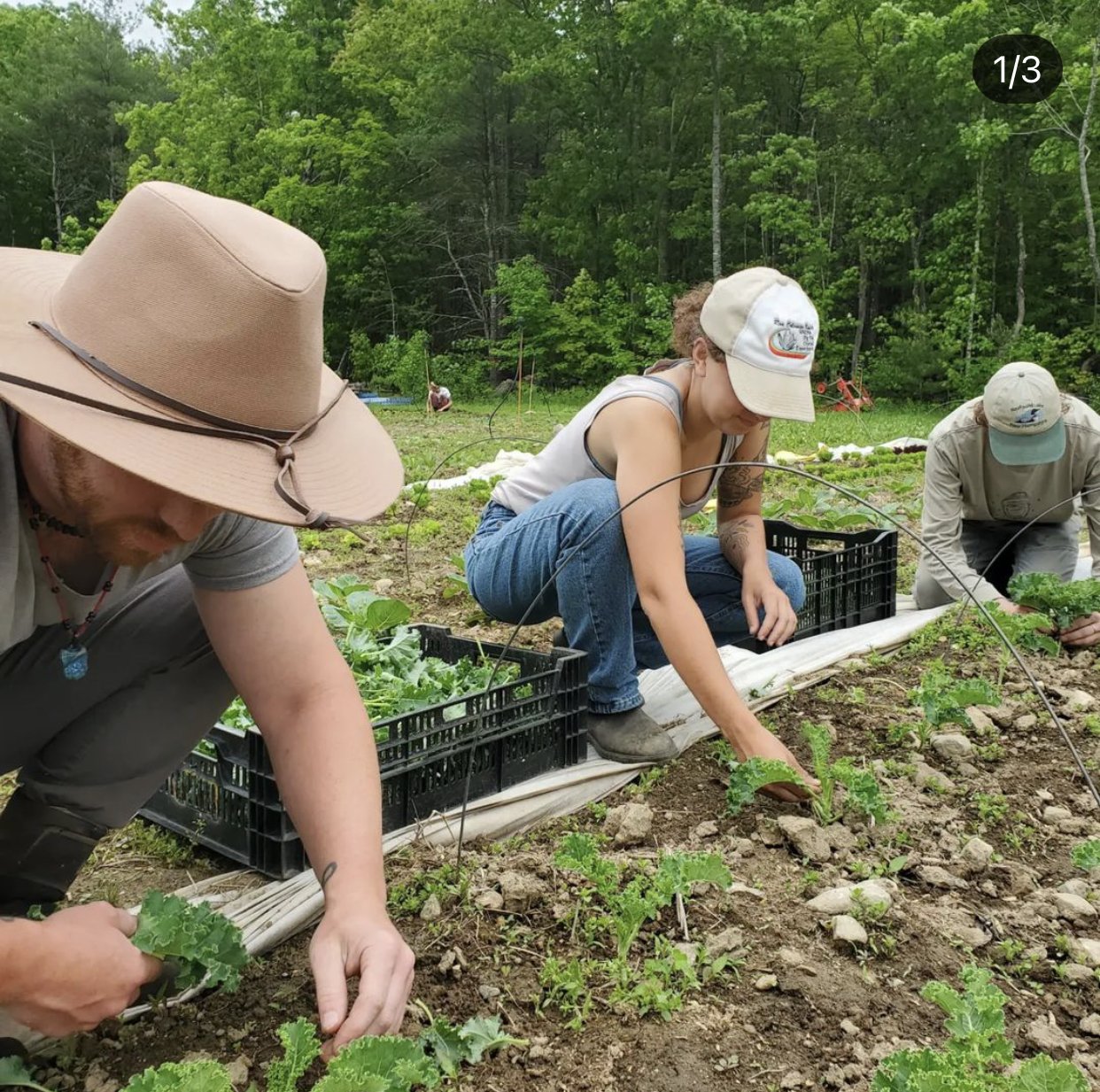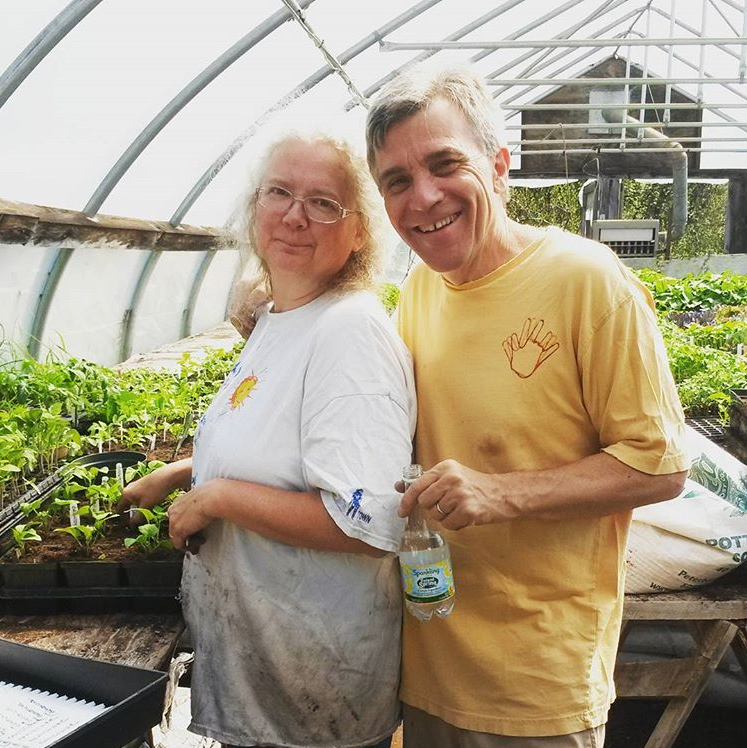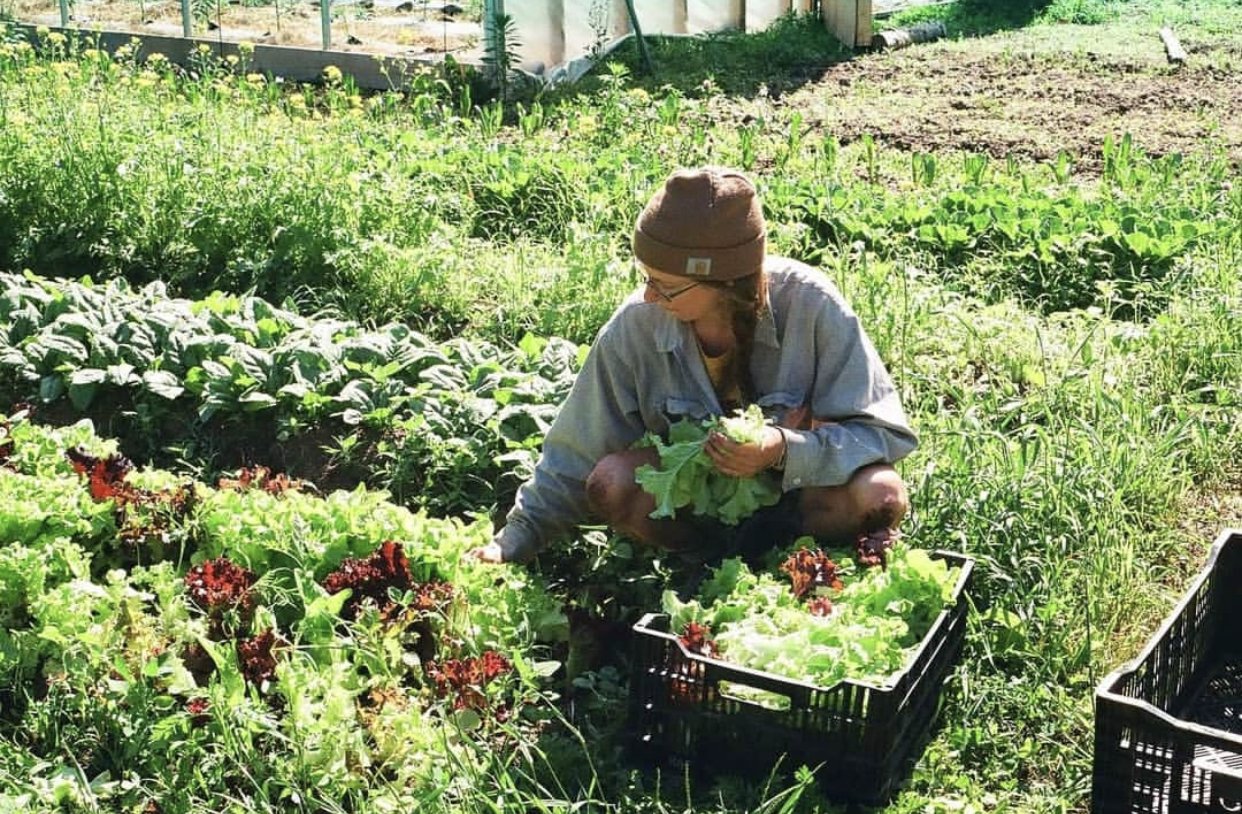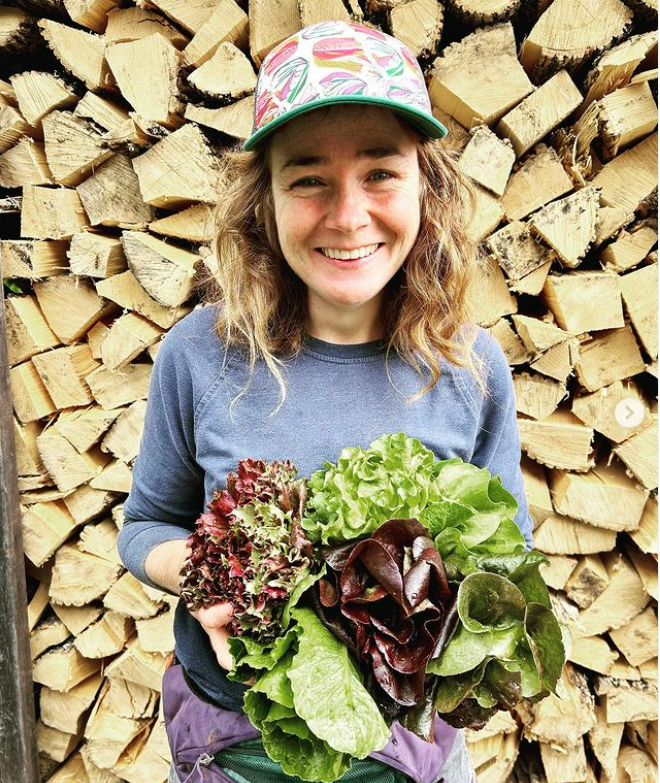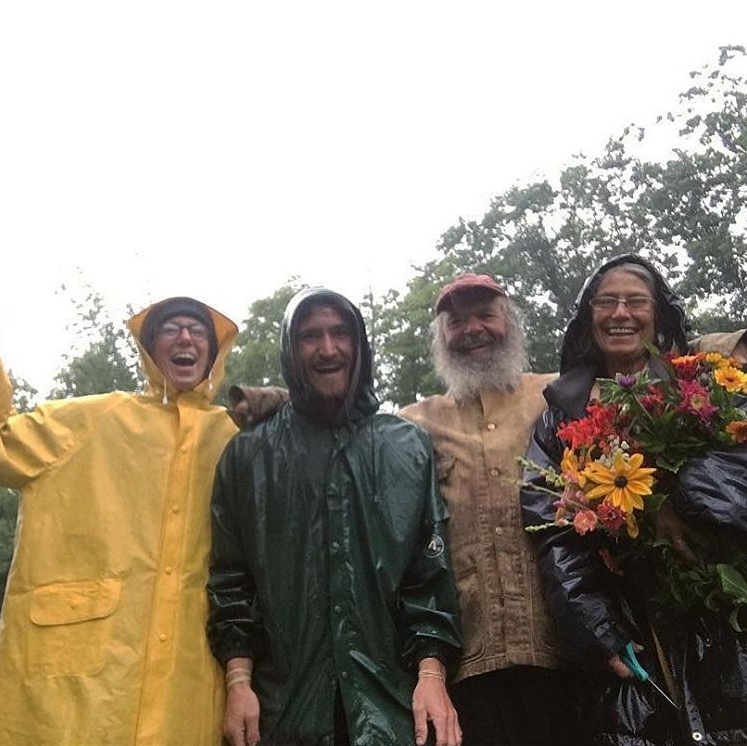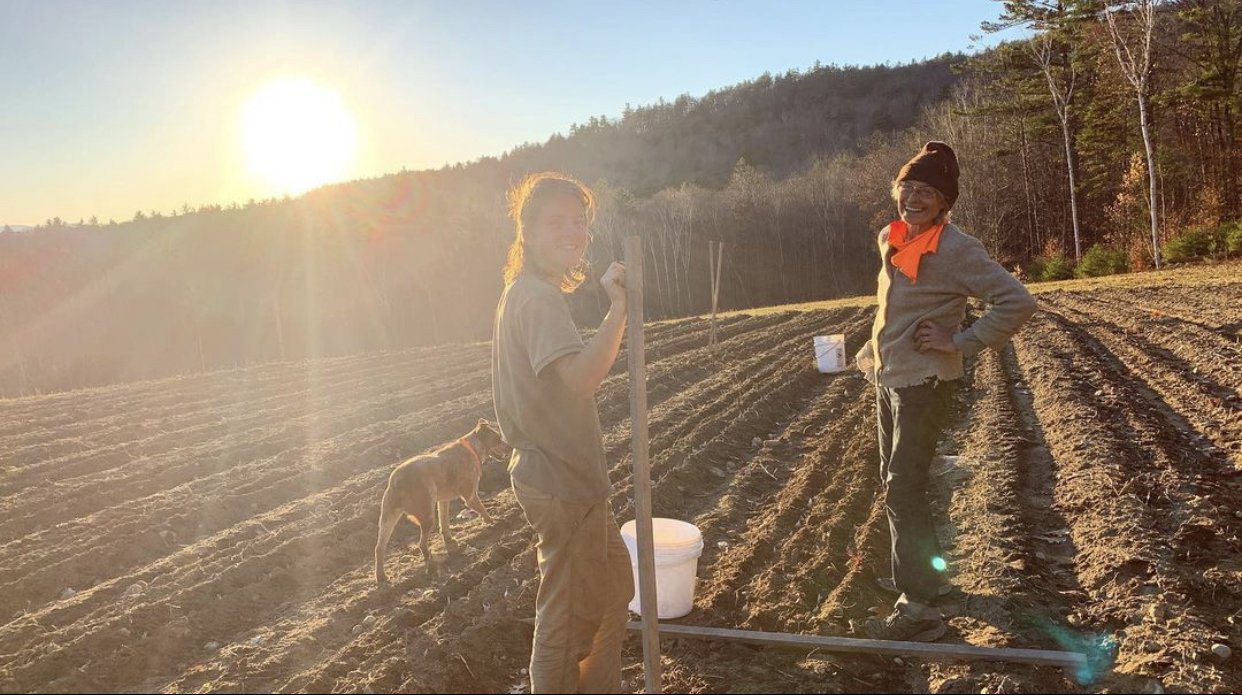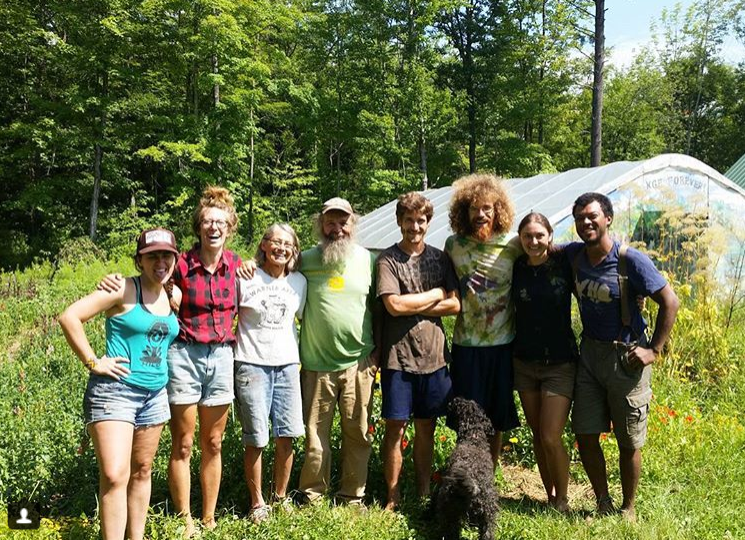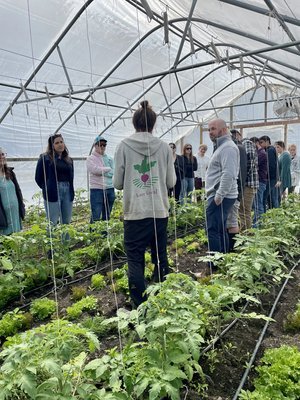OUR FARMS AND FARMERS
Since we began working together in 2002, the goal of all our farmers has been to provide you with the best produce possible. Each of us change just a little bit each year, adding a new crop variety, refining a growing method, or incorporating new knowledge, but between the five of us, we provide a crop quality that can't be beat. We hold each other accountable to a high set standards every week. The cooperation between farms allow each of us to excel in our comfort zones and diversify in growing opportunities we want to explore.
Kearsarge Gore Farm, Warner
Good Earth Farm, Weare
Sweet Beet Farm, Bradford
Green Hill Collective, Sutton
BLaisdell Hill farm, sutton
Wildhollow farm, hillsboro
we also collaborate for special crops and extra variety with these other local farms:
Abigail’s Bakery, Weare
Grounding Stone Farm, Hopkinton
Alprilla Farm, Warner
Nasturtium Studio, Weare
Terra Organics, Contoocook
Generation Farm, Concord
Worksong Farm, Hopkinton
LaValley Farm, Hooksett
White Mountain Apiary, Whitefield
“I farm organically because on a day-to-day basis, I could never see handling the chemicals that it would require to farm non-organically. I would not want to touch them myself, nor use them on the land or on the produce that is grown. In the long term, organic farming forces us to think about soil stewardship. Soil is the key for organic farmers to grow healthy crops. Soil is a resource to be taken care of and improved, rather than a place to grow crops. One of our farm goals is to leave our farm and gardens in better condition for the next generation. This is not to say that non-organic farmers don’t have the same love of the land that we do. I am just saying that being an organic farmer makes that a necessity.”
“I farm organically because it makes economic sense and I believe in the process. When the focus is on building the soil with compost to feed the plants, instead of relying on bought-in petroleum based, chemical inputs, organic farming makes the most sense. I discovered this back in high school when in my grandfather’s things I found the book, The Organic Method on the Farm by J.I. Rodale, 1949. The book talked a lot about composting and that was very interesting to me. At Marlboro College in VT, a school full of farmer/back-to-the-land types, I was introduced to Plowman’s Folly, by Edward Faulkner. That book focused on the depletion of soils from traditional farming methods that destroyed soil structure and made up for it with chemical inputs; Faulkner explained how natural farming not only builds soil but creates healthy plants that resist pests. It completed the picture for me. Organic farming is more about soil building for me than the pesticide issue. After college I went on to do several other things and then started to farm about 10 years ago.
I encourage my kids to farm. People are becoming more aware of their food and that’s important. People need to be connected to the place they live and eating the food from the farm next door or down the road is a great way to do that. I am eager to see the farmer have a valued place in society once again.””
